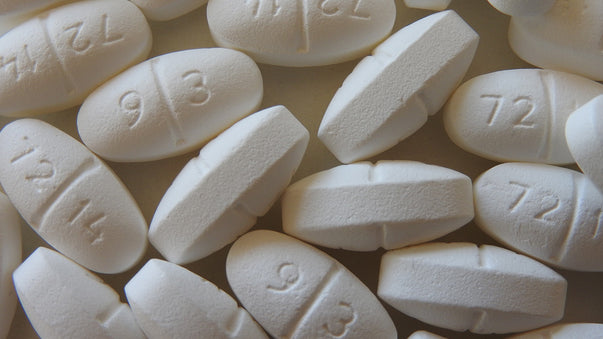Use a Caffeine Carb Combo to Enhance Physical Performance

The Nutrients journal recently published a special Issue on the role of precise and personalized nutrition for athletes. In it, a new study confirms the benefits of carbohydrate and caffeine supplementation. Previous research suggests that carbohydrate ingestion helps to maintain blood glucose levels. And caffeinated beverages, such as energy drinks, help to delay the onset of fatigue.
This new study evaluated the effects of supplementation on repeated sprint ability (RSA). This is defined as the ability of an athlete to recover and maintain maximal effort during subsequent sprints. RSA can be trained and measured via high-intensity sprints interspersed with brief recovery bouts. And it's a key physical factor for sports such as soccer and hurling.
Hurling is an intense team sport characterized by bouts of high-speed running, followed by active recovery. Players must hit a ball with a stick to score points against the competing team.
Ten male hurling players were followed, over weeks of hurling match-play simulations, while receiving supplements. The supplements provided carbohydrate, carbohydrate plus caffeine, or placebo. Carbohydrate supplements were administered in a 6% maltodextrin solution. And caffeine supplements were administered in a capsule.
To isolate the effects of the supplements, participants were instructed to follow nutritional guidelines for breakfast, lunch, dinner, and snacks. Participants were also instructed to refrain from alcohol, caffeinated food, caffeinated beverages, and vigorous exercise for 48 hours prior to laboratory testing and hurling match-play simulations.
Researchers evaluated RSA of participants for each supplement regimen. The conclusions of the study are that the combined ingestion of carbohydrate plus caffeine increases sprint performance and reduces the influence of fatigue. This may work because caffeine magnifies the increase in glucose levels (blood sugar levels) that occurs after eating carbs, as shown in studies of persons with type 2 diabetes and insulin resistance.
According to the researchers, this study provides data for coaches and players who consider using carbohydrate plus caffeine supplements to improve sprint performance in intense sports. But the main conclusion of the study, that carbohydrate plus caffeine supplementation can increase physical performance, seems interesting for everyone. That probably includes people whose physical activity is moderate, or who want to be more active to facilitate weight loss.
While the performance enhancing effects of caffeine have been investigated for over 100 years, the specific mechanisms of action are still debated to date. Caffeine is rapidly absorbed through the gastrointestinal tract and metabolized in the liver. Recent investigations suggest that responses to caffeine, and different amounts of caffeine, vary widely among people.
On a personal note, I was raised in a Mediterranean culture, where we often consume caffeine and carbohydrates in the form of pasta and a cup of coffee. I can confirm that carbohydrates and caffeine have positive effects in sports and many other aspects of life.
I understand, however, that eating too much pasta could have negative side effects. And not everyone is a coffee drinker. In these cases, carbohydrate and caffeine supplements like Thrivous Surge seem to be a good alternative.
More Articles
Don't fall behind! Thrivous monitors new human studies of nootropic and geroprotector supplements, so you can make the best decisions based on the latest science. Supplement Science Updates are part of the free Thrivous newsletter. Subscribe now to receive email about human enhancement, nootropics, and geroprotectors, as well as company news and deals.
Read more articles at Thrivous, the human enhancement company. You can browse recent articles in Thrivous Views. See other Supplement Science Update articles. Or check out an article below.
-
TAME Trial May Set Anti-Aging Drug Precedent
An FDA-approved drug has been used successfully to treat type 2 diabetes for more than 60 years. Studies have already ...
-
New Uses for Botox to Edit the Proteome
Researchers at Harvard University and Broad Institute have shown that botulinum toxin proteins can be engineered to enable new medical applications. ...



